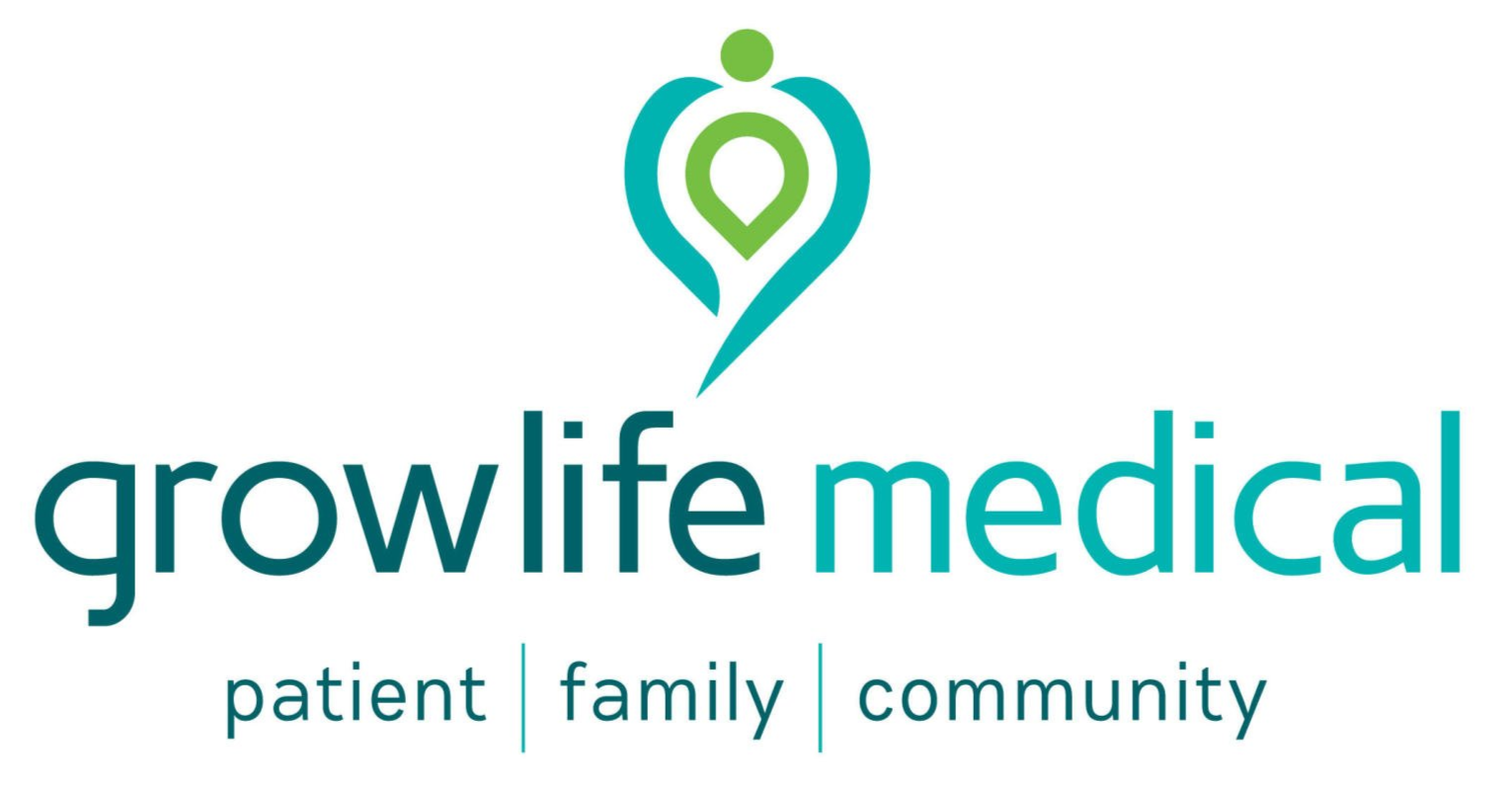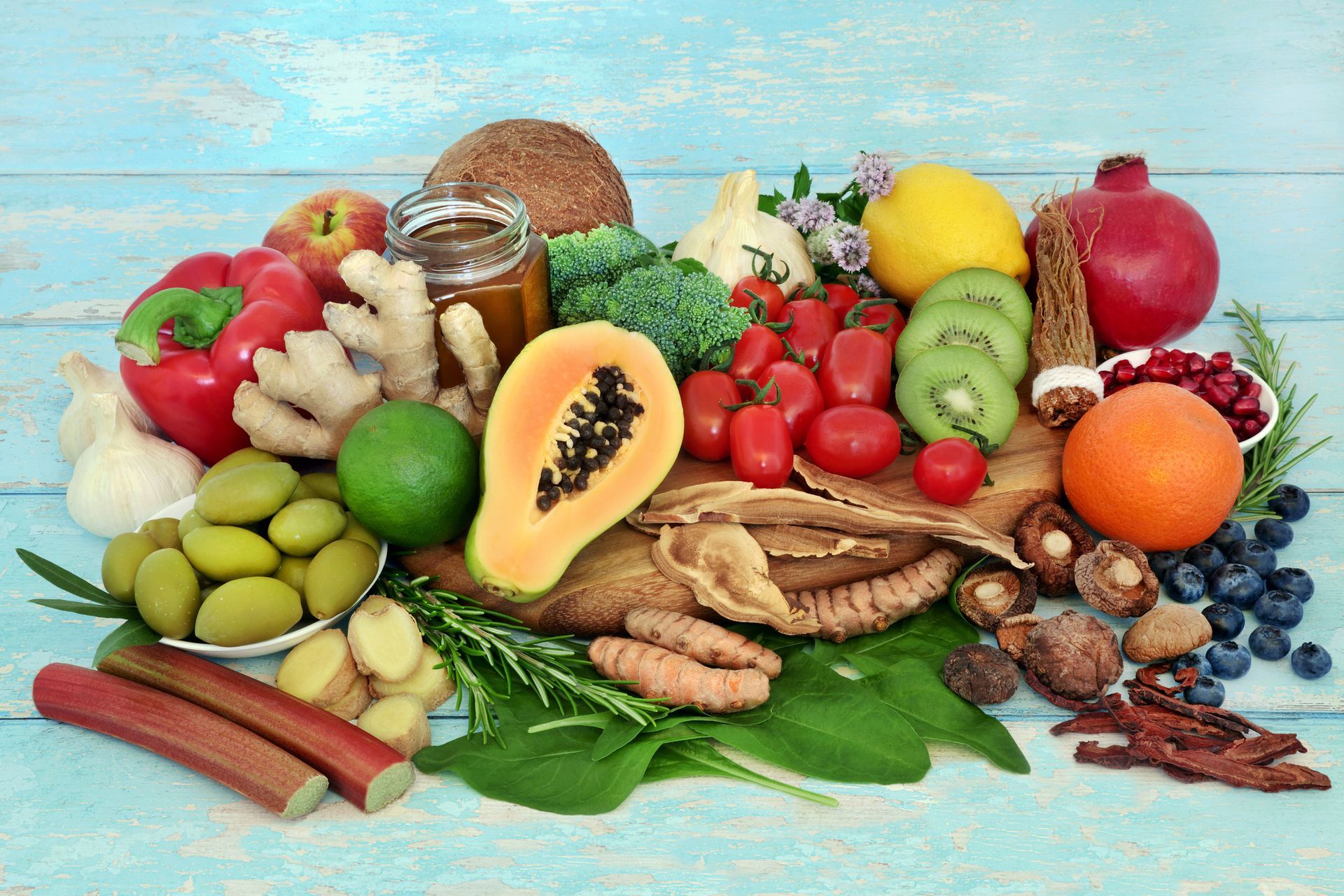Don’t WAIT to start managing your WEIGHT
The commencement of a new year always brings renewed energy and motivation towards our personal goals and aspirations. There is often no better time to begin your weight management journey!
Believe it or not, weight loss is actually one of the most difficult and complex nutritional goals to achieve. This is because there are lots of moving parts. It involves comprehensive consideration of your:
- Energy in
- Energy out
- Behavioural factors
- Environmental factors
- Medication requirements
Just to name a few!
If your new year's resolution is to lose weight, but you don’t know where to start, read my 5-step method towards weight management and better health.
Step 1: Remind yourself why you want to lose weight and set realistic goals
Some believe that every single person in the world wants to/needs to/could benefit from losing weight. This is fundamentally not true, and is a huge misconception. While indeed some individuals would benefit from losing weight, a good proportion of the population in fact would benefit from gaining weight- and this is something that is largely forgotten about and ignored. I could go down a huge rabbit hole here talking about if/when it is appropriate to lose weight, but this may be better left for another blog!
For now, consider the two questions below when deciding if weight management may benefit you. If you answered ‘yes’ to one or both of them, great work- you have found your motivation!
- Will it improve the condition of an already-existing chronic disease (e.g.. Type 2 Diabetes)?
- Will it enhance your quality of life (e.g.. Allow you to participate in more fun activities with your children)?
However, the trickiest part of losing weight and keeping it off is long-term adherence to a certain eating plan. This may be because a) the diet was too restrictive, or b) there is a loss of motivation over time. Setting small, sustainable, bite-sized goals can ensure this does not happen
Step 2: Switch, don’t restrict
There is a massive misunderstanding that to lose weight you must restrict food intake. This is not always the case. We can actually significantly lower our calorie intake by making a few simple product and brand swaps, without actually decreasing the volume of food we eat.
Hot tip: Next time you are at the shops, keep an eye out for low fat/lite/skim/low calorie/diet varieties- they are everywhere!
Examples:
| 1 cup full cream 650kJ | 1 cup skim milk 350kJ |
|---|---|
| 25g regular cheese 415kJ | 25g reduced fat cheese 285kJ |
| 100g regular yoghurt 375kJ | 100g low-fat cheese 285kJ |
| Nut bar 750kJ | Oat bar 450kJ |
| 1x beef sausage (75g) 800kJ | 75g skinless chicken breast 450kJ |
| 250mL can regular coke 450kJ | 250mL can coke no sugar 3kJ |
Step 3: ½ ¼ ¼
Looking at your dinner plate, what percentage of it is vegetables? What proportion of it is protein? How much is filled with carbohydrates?
For weight loss, the goal is to have half of your plate filled with vegetables. A quarter should be a lean protein source, and another quarter of it should be a low GI carbohydrate source.
Hot tip: Put the veggies on your plate first! Otherwise, you are more likely to fill your plate with meat and carbs, and will have less space leftover for veggies, so less of them will make it to your plate.
Examples:

Step 4: Avoid portion distortion
Over time, our food and drink portions have become larger. The more we are served, the more we will eat. So, the next step is getting those serving sizes down pat. If they are a bit out of whack it can really blow you over your recommended daily energy intake. In saying this, it does not mean we need to act like we are on rations either!
For main meals, generally aim for:
- The carbohydrate portion should be around the size of your fist.
- The vegetable portion should be 2 open hands.
- The protein portion should be around the size of your palm.
Below are some examples of foods that are high in calories and low in nutrients (ie. the opposite of vegetables). Intake of these foods should be minimised where possible. Also, keep in mind that one serving of these foods should be equivalent to:
- 1 tablespoon of salad dressings
- 1 teaspoon sugar / butter / margarine
- 2 scoops ice-cream
- 1 doughnut
- 5 lollies
- 4 squares (1 row) of chocolate
- 2 tablespoons cream
- 1 can soft drink
Step 5: Increase your energy output
Energy in – Energy out = Total energy intake
Again, restricting food should not be at the heart of weight loss. It is not fun at all either! So instead of reducing input, why not focus on increasing your output? This means moving your body more! Whenever we move our body, we are expending energy. The more we can do this, the lower our total energy intake will be- which can help contribute to weight loss.
Here are 10 simple ideas to get your body moving more:
- Do the grocery shopping
- Park further away from your workplace
- Get off one bus stop early
- Cycle to work
- Catch up with friends over a walk or workout
- Go for a walk or swim in your pool (or your friends)
- Take your dog for a run (or in my case, let your dog take you for a run)
- Take the stairs
- Go out dancing with your partner or friends
- Try something adventurous! Plan a hike or mountain climb with friends.

A final piece of advice...
As mentioned at the beginning of this blog, weight loss can be extremely tricky to navigate. As you embark on your weight management journey, please keep the following points in mind:
- Weight loss does not happen overnight and you may not see immediate improvements on the scales- don't be disheartened!
- The number on the scales should not be your only measure of success. Ensure you have a variety of other food-related, exercise-related and lifestyle-related goals to supplement any weight loss goal.
- Your weight status does not define you! It is actually probably one of the least interesting things about you. Don’t place unnecessary importance on this number.
- Endeavour to challenge your perspective and mindset around weight loss- consider it as a ‘byproduct’ of making a commitment to adopting a healthier lifestyle.
Want to find out more?
If you are unsure whether you have a healthy or suitable weight for your age, height, or other contextual factors, then book an appointment with a GP as they are best placed to advise and direct you. If you are in the 45–49 year-old age bracket and are wondering if your weight is having a negative influence on your health, book in for a health check here.
If you are interested in our brand-new weight management group sessions, book here.
Finally, if you are wanting a more personalised approach to your weight loss, book an appointment with a
Growlife Dietitian.

More Articles on Fitness and Health




Connect
Clinicians: please forward clinical correspondence via Medical Objects Secure Messaging. Fax no longer accepted.



